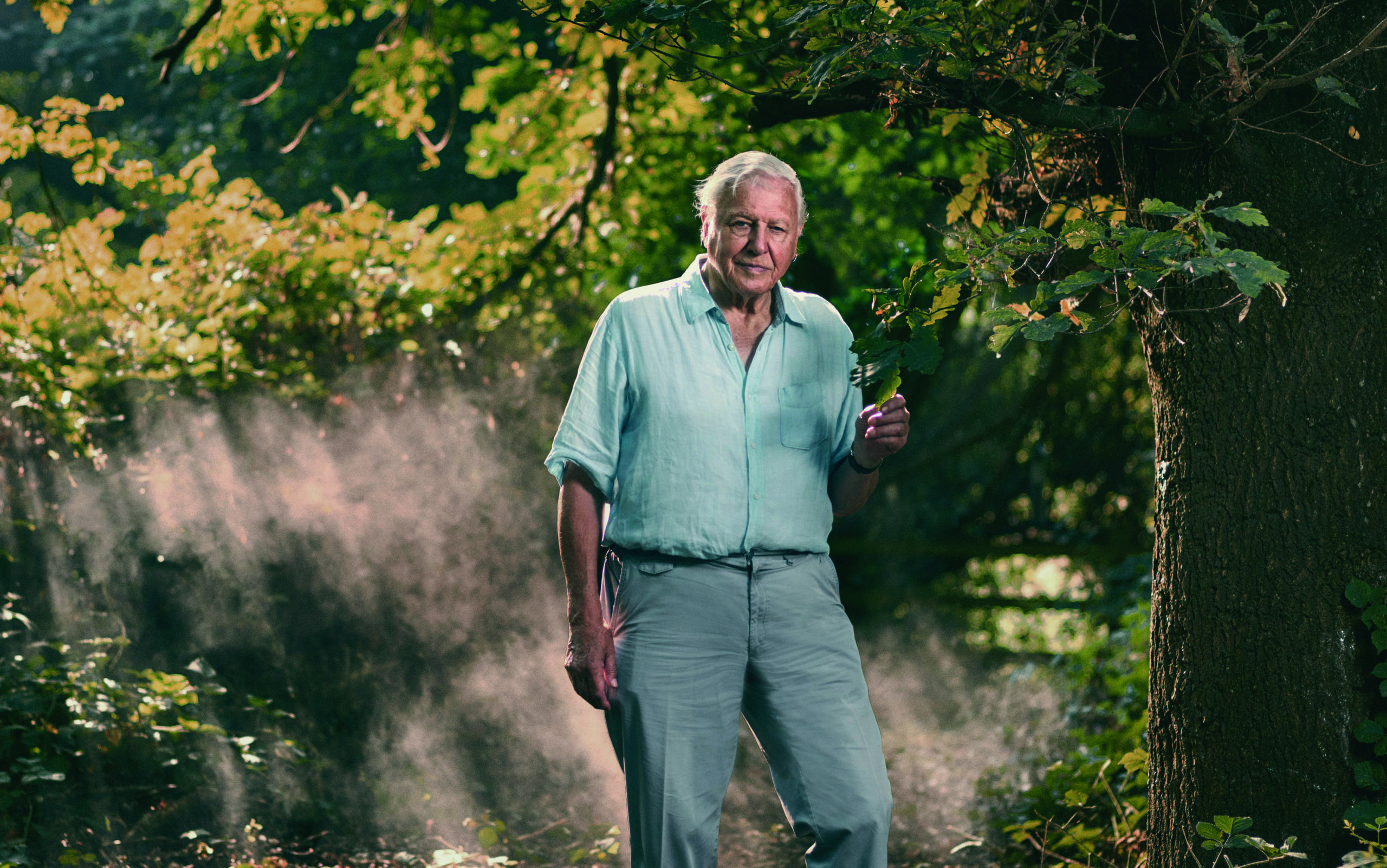“Covid-19 has caused, and will continue to cause, immense suffering,” says David Attenborough. “If there is hope that can come out of it then that may arise from the whole world having experienced a shared threat and found a sense that we are all in it together.”
He was the last person I shook hands with. In early March, I went to interview the broadcasting great and naturalist about his new Netflix film, A Life On Our Planet, which was due to be released later that month.
In what is described as “a witness statement”, Attenborough details the dramatic changes to the natural world during his 94-year lifetime. Little did we know the extent to which the world would change in the next few days and weeks.
Problems are short-term and long-term. The short-term we deal with and the long-term ‘we’ll do tomorrow’. But tomorrow never comes. And then suddenly we discover it’s too late.
That day, Italy had declared a national lockdown but the same happening in the UK was still impossible to imagine. Across the country toilet paper and hand gel were being stockpiled, but attitudes towards social distancing were yet to shift – though Attenborough did joke about dunking his hand in neat alcohol after greeting me.
Six months on, we all live differently and are still learning to adapt. Attenborough believes the pandemic has been a game-changer.
“The time for pure national interests has passed,” he says. “If we are to tackle climate change, enable sustainable development and restore biodiversity, then internationalism has to be our approach. In doing so, we must bring about a greater equality between what nations take from the world and what they give back. The wealthier nations have taken a lot and the time has now come to give.”









